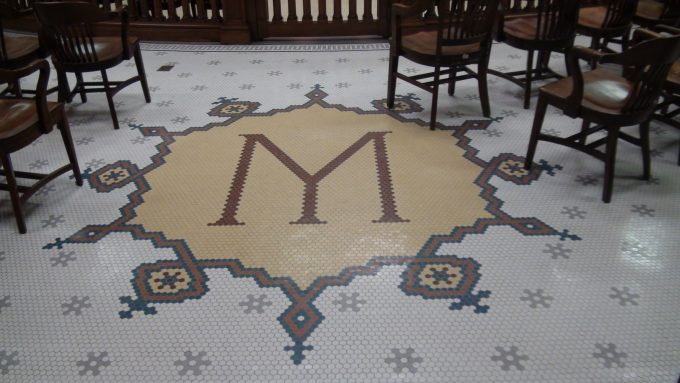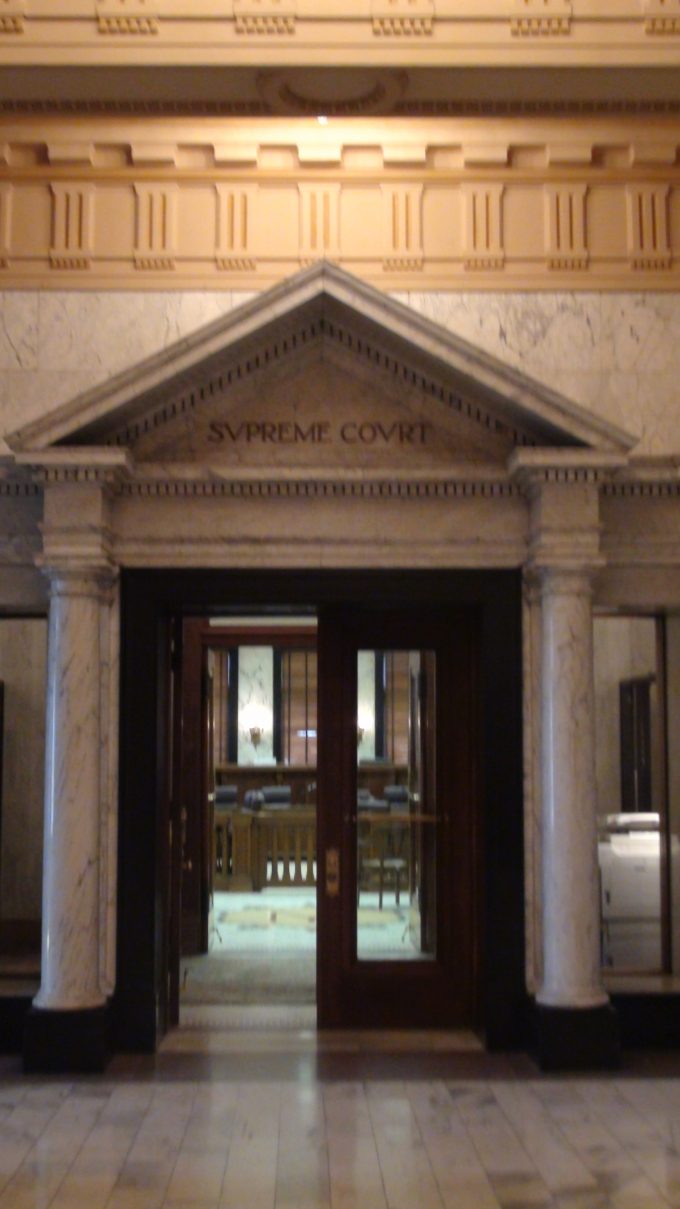
Sunday, 10 September 2017
I charge you by the Lord that this epistle be read to all the holy brethren.
1 Thessalonians 5:27
The word “charge” in this verse doesn’t really catch the depth of meaning of the original. It is a word, horkizó, which is used only three times. The first is in Mark 5:7 where a demon in a man implores Christ Jesus by God not to be tormented. The second is found in Acts 19:13 where the casting out of evil spirits was attempted in the name of Jesus. This word comes from horkos, meaning “an oath.” Therefore, Paul’s words here should say something like, “I bind you by oath before the Lord…”
The question as to why Paul would adjure them in such a weighty way is debated. It is possible that he is making certain that no uninspired doctrine would be accepted by the congregation. Only a letter from Paul or another apostle was to be held as inspired. In 1 Thessalonians 2:2, he seems to hint at this very notion. People were making prophetic claims that the Day of the Lord had already come. He could be adjuring them now to stick to Scripture alone. As people continuously claim idiotic prophetic revelations to this day, it is a warning which has gone totally unheeded by those who listen to such things. Paul’s words are ignored, and nonsense is believed as if it were based on Scripture.
Along with this, it demonstrates that what he has written is thus to be followed by all. If the letter was received by the elders, it was still to be read to everyone in order to ensure that they were equipped with the same doctrine, filled with the same exhortations, and motivated by the same admonitions.
As the main thought of the letter is that of the coming of the Lord for His people, those things which surround that notion were especially important to be absorbed into the minds of the people. Believers are to mind their own business and work with their own hands (verse 4:11), and thus not be a burden on anyone else. The timing of the Lord’s coming is known only by the Lord, and so we are to be about life’s business. Paul’s weighty word, which adjured that the letter be read to all, would hopefully help motivate the people in the right direction.
It is most probably for this reason that Paul says, “I charge you by the Lord that this epistle be read to all the holy brethren.” They were all holy, or set apart by God. They were all brethren as well. Because of this, none were to be neglected in being given these words of knowledge, and all were to act in accord with the words as Paul has laid them out.
Life application: Scripture is given to us for right conduct in this life, and for the assurance of God’s promises after this life. However, it is not given for us to know when we will transition between the two. If we did, we would not be paying attention to this life, here and now, as we should. And yet,,,, countless people waste incredible amounts of time doing just this, in direct disobedience to the words of Scripture.
Heavenly Father, guide us in this life so that we do those things which Your word instructs us to do. This should be all the more important to us because Your word also tells us about what lies ahead for those redeemed by Christ Jesus. Because we have such a sure hope, we should be content living out our lives now in the most honorable manner possible, not speculating on when we will enter Your presence, but knowing that it will come in due time. May we be responsible souls in this life that we have been given. Amen.




